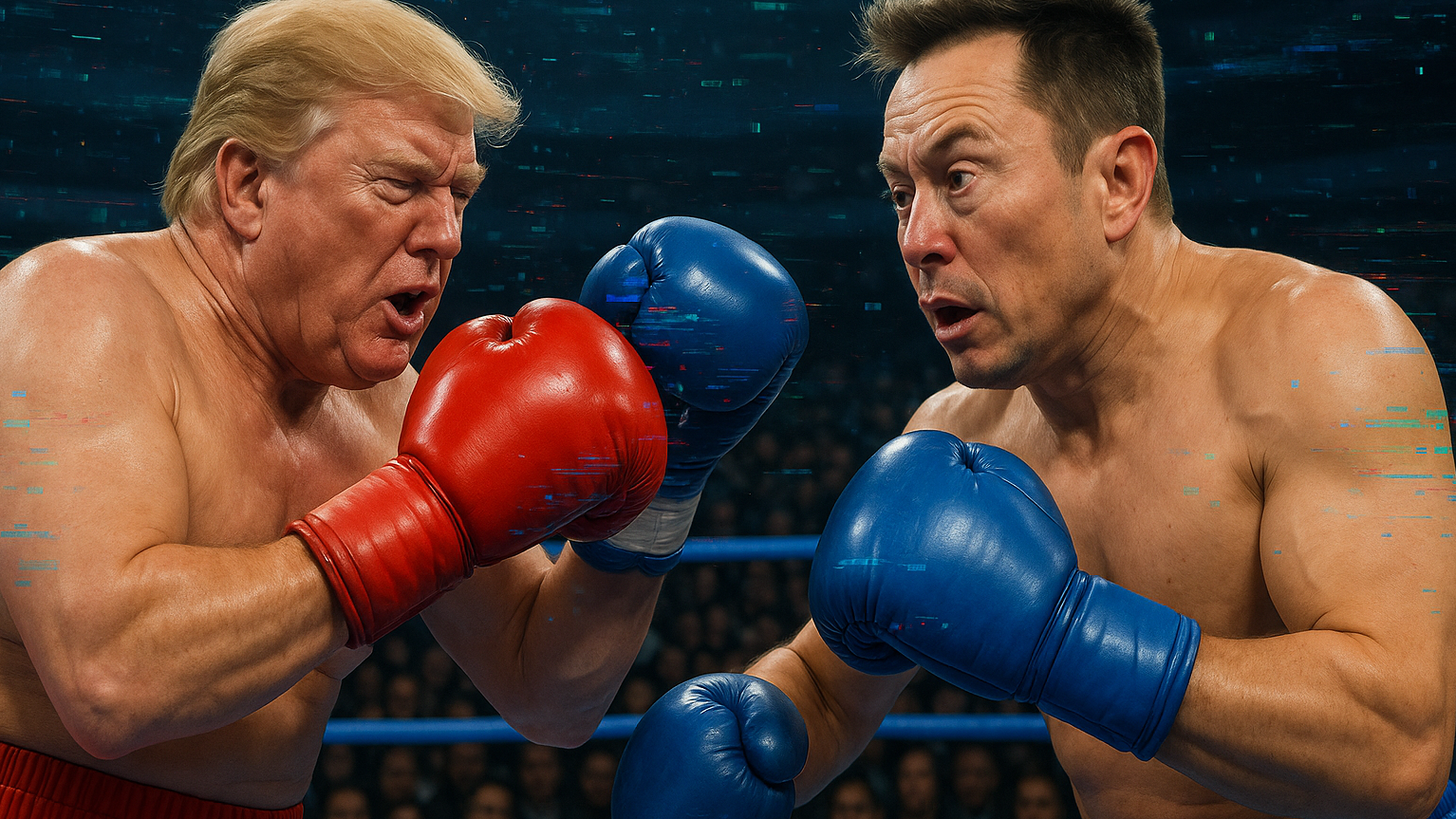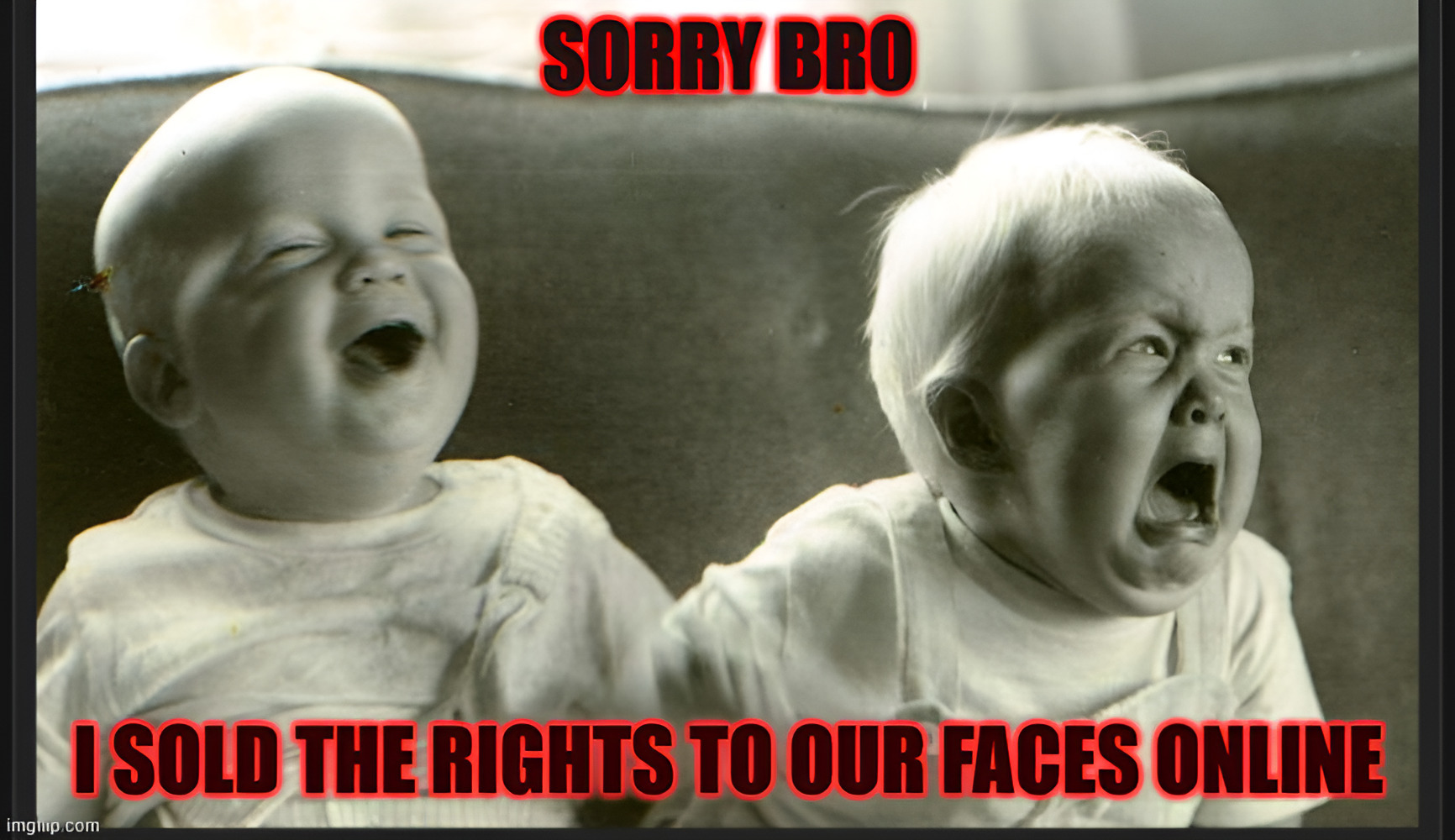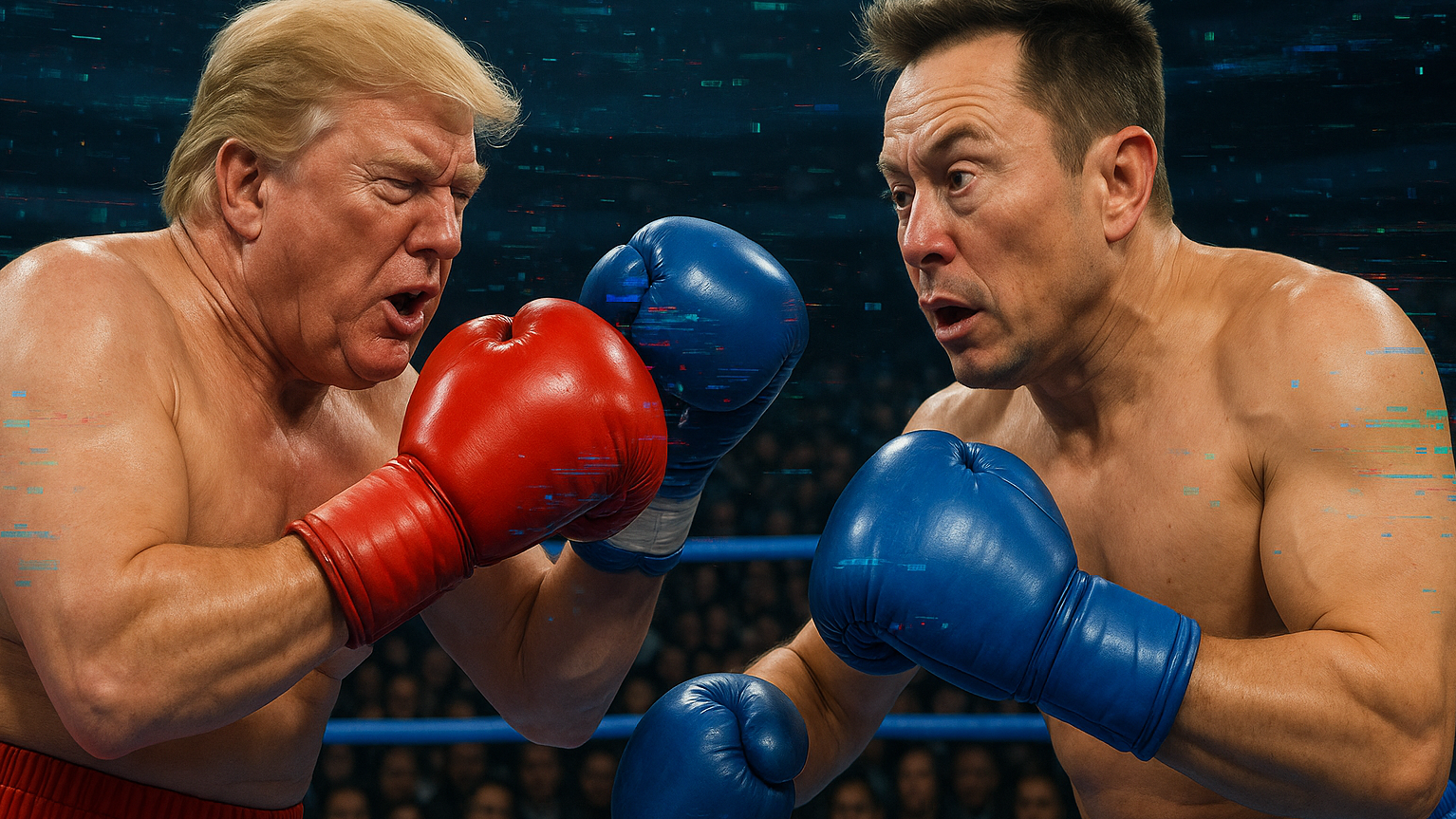What if your voice showed up in a political rant, or your face ended up in a sketchy mod you never approved? Denmark’s new copyright law says: not anymore.

Denmark's got enough: The country’s Minister of Culture, Jakob Engel-Schmidt, has proposed a first-of-its-kind amendment that gives people legal ownership over their own facial features, voice, and body online. In a world where AI-generated deepfakes are flooding the internet, Denmark’s drawing a line.
Why does it matter? If passed, Denmark will be the first country in Europe to codify legal ownership of personal likenesses, enabling individuals to remove unauthorized digital replicas and demand compensation. Online platforms not complying with takedown demands could face huge fines.
“Human beings can be run through the digital copy machine and be misused for all sorts of purposes and I’m not willing to accept that.” – Engel-Schmidt told the Guardian
The law extends to artists and performers, safeguarding against unauthorized digital replicas of their performances.
Broad Parliamentary Support
Lawmakers agree: this isn’t sci-fi anymore. With 9 out of 10 Danish MPs backing the proposal, it’s poised to move fast. This summer will be the consultation period, and the official submission of the amendment is planned for autumn.
Engel-Schmidt has expressed hope that the rest of the EU will follow suit, potentially laying groundwork for continent-wide protections.
In fact, similar initiatives already exist in U.S. states and under proposed U.S. federal laws. In May, President Donald Trump signed the "Take It Down Act," banning non-consensual uploads of sexually explicit images and videos – AI-generated as well as authentic. At the victim's request, platforms have 48 hours to take down such content.
Many Questions Still Open
Thankfully, comedy still gets to survive. Satire and parody are exempt, meaning your meme edits and YouTube parodies probably aren’t going anywhere – but slander, misinformation, or revenge deepfakes? That’s another story.
The law’s language is still vague on journalistic use cases, sparking debate over press freedom and public-interest reporting.
Or what if a character or digital model accidentally resembles a real person? Do identical siblings have to share rights? Could this lead to absurd or unenforceable legal disputes?

And let’s be honest: Will the law truly empower everyday citizens, or will it just be another weaponized tool for the wealthy and quarrelsome?
A Good Step
Practical questions aside, it’s probably a good thing. Deepfake tech has become cheaper, and sometimes nearly unrecognizable. From political misinformation to non-consensual "adult content", deepfakes have already caused measurable harm. And it's also kind of a gender issue. If you look at the data from the research company Sensity AI, it says 90% of deepfakes consists of non-consensual content, and again, 90% of that is non-consensual explicit material of women.
Imagine your face ends up in a GTA mod – or worse, on OnlyFans. What would you think if you found yourself cloned in a game?


































